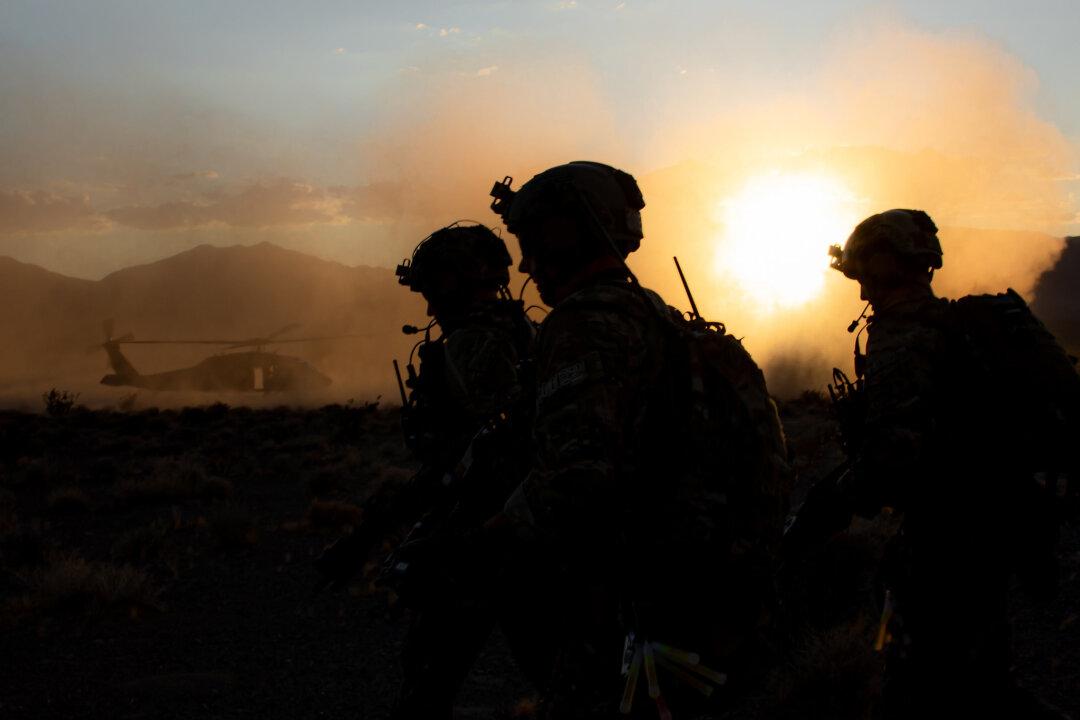Adherents of the “woke” political undercurrents of the progressive left have climbed their way into U.S. military leadership, eroding its combat readiness through a culture of political correctness, according to an active-duty Army officer.
Working in various high-profile roles within the organization, the officer has observed over the past decade the increasing politicization of the military. He didn’t blame any individuals or groups, but rather a series of circumstances that have fostered such an environment.





